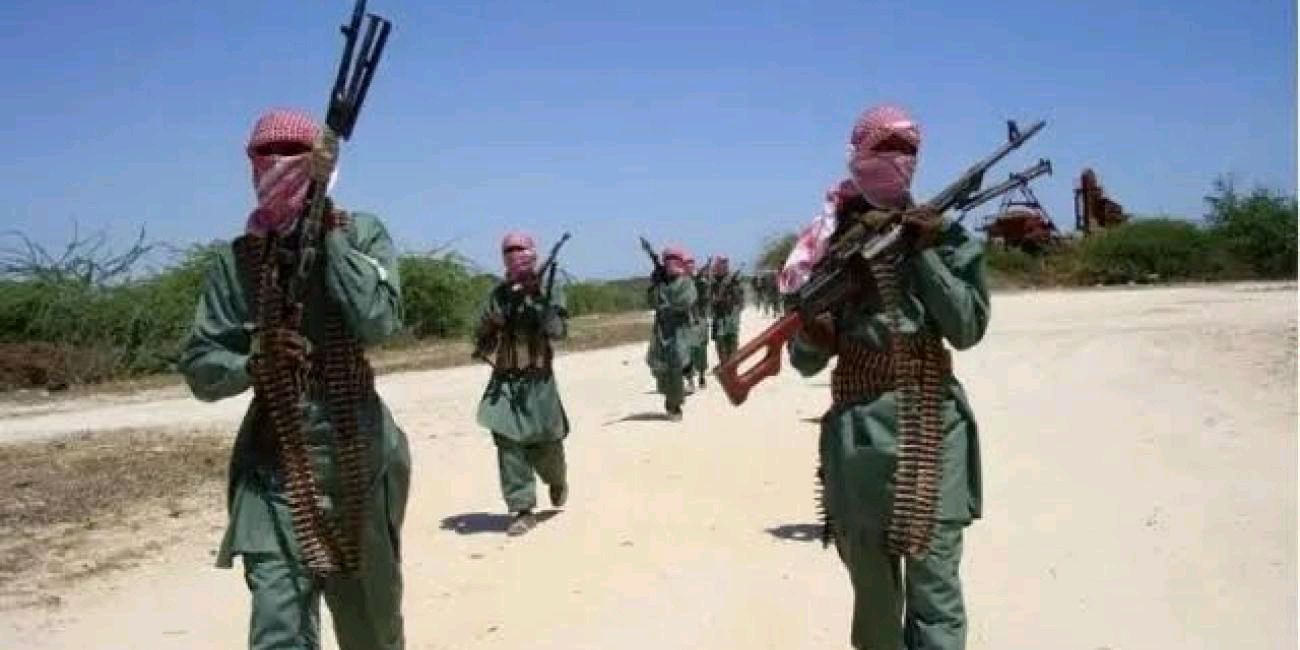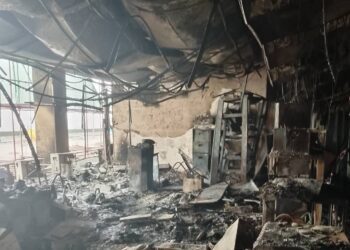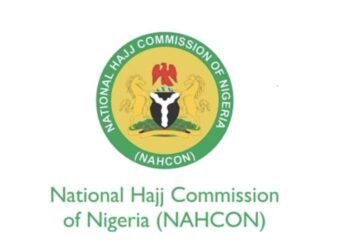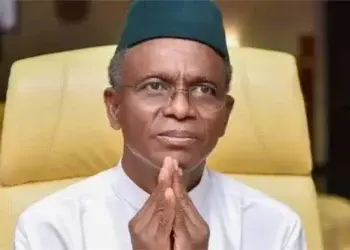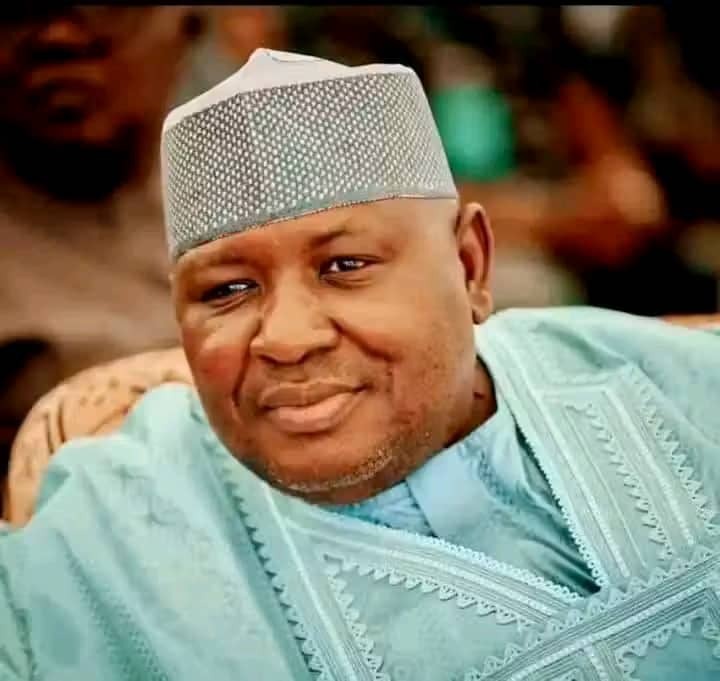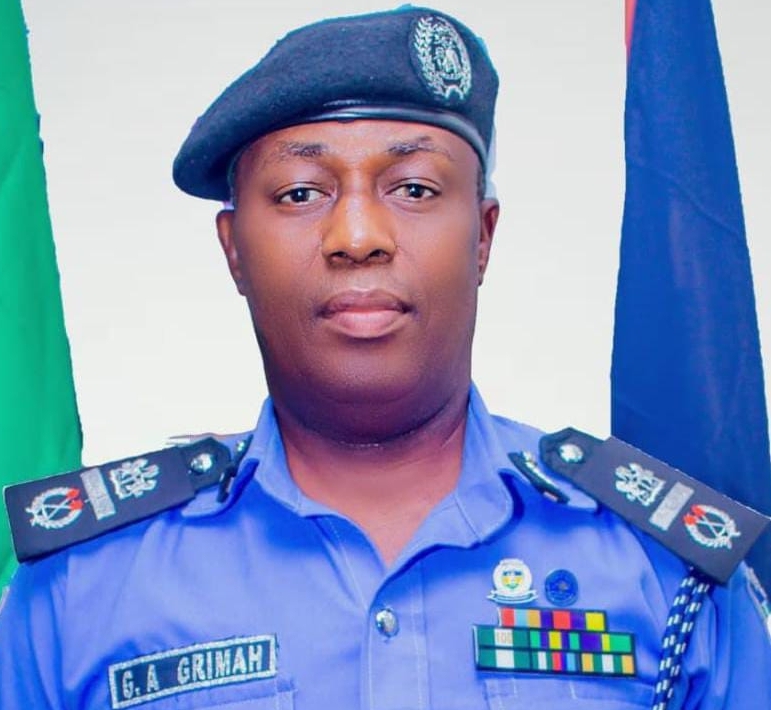A new terrorist group known as Mahmuda has emerged in Nigeria’s North Central region, launching deadly attacks on communities surrounding the Kainji Lake National Park (KLNP), according to local sources and a report by Sahara Reporters.
The group, which operates with impunity in the national park spanning Kwara and Niger states, has besieged villages in Kaiama and Barutein Local Government Areas (LGAs) in Kwara, as well as Babana and Wawa districts in Borgu LGA, Niger State. On Wednesday, Mahmuda militants attacked a vigilante group in Kemanji, Kwara, killing over 15 vigilantes and villagers, a source confirmed.
“They call themselves the Mahmuda group. Their leader, in a voice note, is threatening all the communities. They kill, kidnap victims, and demand ransom,” a local source told Sahara Reporters.
The KLNP, covering 3,970.29 square kilometres, has become a haven for the militants, who reportedly displaced park rangers over five years ago.
Sources trace the group’s origins to Mokwa LGA in Niger State, from where they were expelled by former Governor Muazu Babangida Aliyu, who accused them of being Boko Haram affiliates.
The group then relocated through various regions, including Kaduna State, before entrenching themselves in the KLNP.
A recent audiotape from the group’s leader suggests they are a moderate Islamist sect that splintered from the extremist Boko Haram faction led by Abubakar Shekau.
The militants, who primarily speak Hausa, identify as the Mahmuda or Mallam Group and claim to be jihadists promoting Sunni Islam.
The Mahmuda group has imposed a reign of terror on local communities.
Herders pay dues to graze cattle, farmers pay levies to access farmland allocated by the militants, and residents are forced to work on the group’s farms as “sadaka” (charity).
The militants also kidnap locals for ransom, mount illegal roadblocks, and regulate social activities, banning alcohol sales and smoking while settling community disputes.
“They preach Islamic ethics, urge disloyalty to the Nigerian state, and insist disputes be reported to them,” a source said, adding that the group is recruiting locals as informants.
Unconfirmed reports suggest the militants are engaged in illegal mining within the park and threaten herbalists suspected of aiding vigilantes.
In a bid to consolidate control, the group has expelled bandits from the park, kidnapping or executing their collaborators after collecting ransoms.
The rise of Mahmuda highlights Nigeria’s growing insecurity, with ungoverned spaces like the KLNP enabling militant groups to thrive.
Loggers, fishermen, and hunters exploit the park’s resources, with some loggers reportedly negotiating with the militants to harvest trees, providing the group with revenue.
“The surge of insecurity in Nigeria is a source of concern due to its destructive impact on livelihoods,” a source noted.
“New militant groups continue to emerge and occupy ungoverned spaces.”
Locals suspect the authorities are aware of the group’s activities but have failed to act, possibly due to the militants’ sophisticated weaponry. Vigilante groups, frustrated by the lack of security intervention, have resorted to collaborating with Mahmuda to rescue kidnapped victims, further complicating the situation.
The Mahmuda group’s control over a vast swathe of Nigerian territory underscores the challenges facing the country’s security forces. With communities living at the mercy of the militants, the group’s blend of coercion, religious rhetoric, and economic exploitation poses a significant threat to stability in the region.
As Nigeria grapples with this emerging menace, questions remain about the group’s true origins and affiliations. Some locals speculate the militants may have ties to groups from Benin or Niger Republic, while others see parallels with Boko Haram’s tactics. Further investigation is needed to unmask this faceless group and address the crisis in the KLNP.


